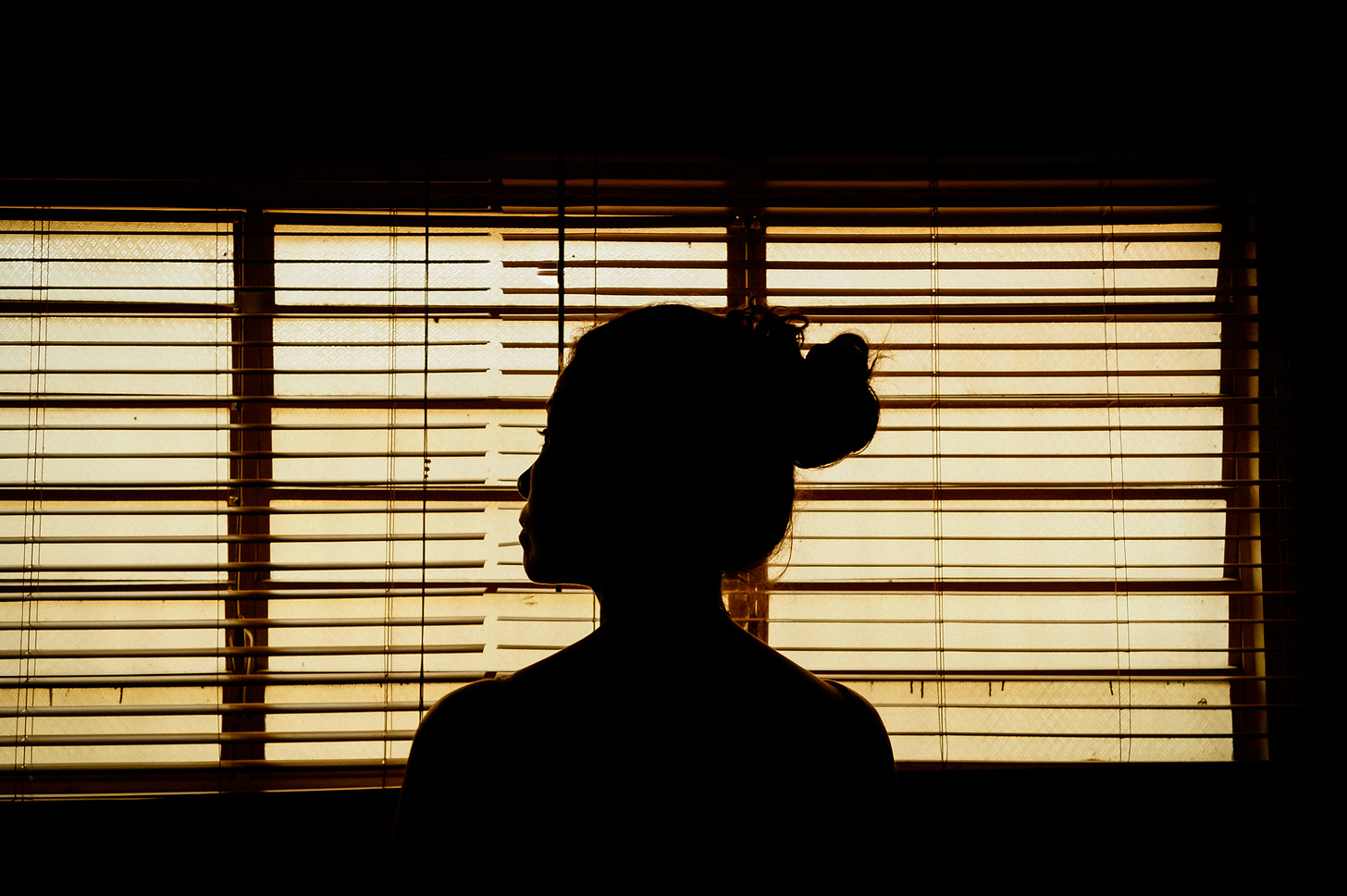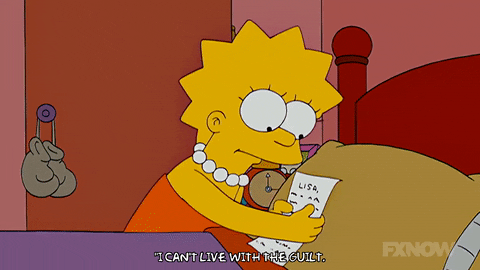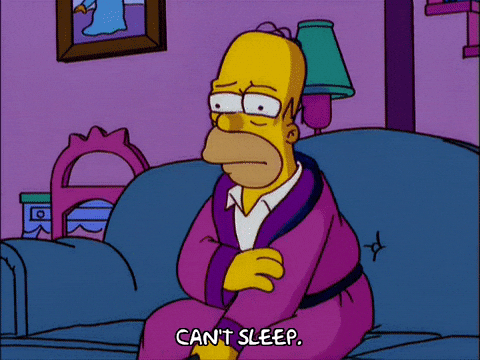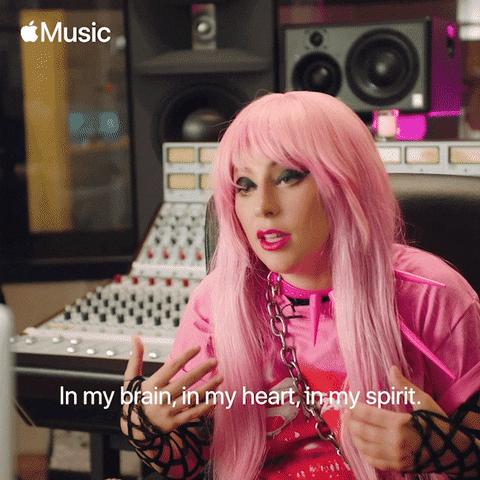OverFlow: What Surviving Company Downsizing Does to Your Mental Health
It’s crucial to remember that perfection is unattainable, and making mistakes is a natural part of life. If you’re willing to learn from your mistakes, you’re already ahead of everyone.
OverFlow is what happens when I overthink, overflow, and over-everything. When my feelings have nowhere to go, I write about them. This piece was written months ago, and needs updating—there was a third round of layoffs, and now I don’t have a job. But I will write about that development soon and keep this piece as is.
I’ve survived two mass layoff situations at my current job, and each time I did, I’ve felt guilty. The first time, it was because the person who left my work team was hired at the same time I was, and I always thought we’d be at this job together.
The second time—which happened recently, actually just a few moments ago at the time of this writing—it was because the person who left my work team had been there for much longer. They were entertaining, friendly, helpful, and knowledgeable—and I thought they were great team members. I don’t think I do a better job than they did, so why wasn’t I laid off?
Could It Be Survivor’s Guilt?
It really is survivor’s guilt. I feel guilty that I still have my job while others have lost theirs. It’s a common feeling among those who haven’t been directly affected by layoffs or other major workplace changes, and it can weigh heavily on one’s mind.
But as I sit here, reflecting on this relatively recent event, I realize that survivor’s guilt is not productive. It doesn’t change anything, and it certainly doesn’t make me a better employee. In fact, it can be detrimental to my well-being and performance at work. So I did what I’d done before: messaged the person affected and commiserated, talked to my manager about my feelings, kept my head down, and continued working.
How Does Guilt Affect Mental Health?
Guilt is a powerful emotion that can significantly impact your mental health. It often arises when we feel responsible for causing harm or pain to someone else, whether intentionally or unintentionally. Survivor’s guilt is that heavy feeling that comes up when you endure a challenging situation, but others don’t.
When left unchecked, guilt can lead to shame, self-doubt, and other similar challenges. My mental health has been dramatically affected by guilt over the years, and it has taken me a lot of introspection to understand its impact. Guilt is like trauma—when it’s left unresolved, it can manifest in various ways and affect you deeply.
I’m sure that feeling guilty has contributed to my long-standing anxiety and depression issues, which have sometimes led to physical symptoms like headaches and insomnia. While earlier in my life I’d thought that my main mental health issue was depression, it’s really anxiety that’s been running the show in recent years. Even though I’d gone to therapy after my stroke in 2021 to deal with dissociation and derealization issues, my anxiety symptoms have persisted.
In my head, guilt and anxiety are companions that walk hand in hand. Anxiety tends to fuel the guilt, creating this endless loop where my mind becomes trapped in a constant stream of “what-ifs” and “I-should-haves.” I find myself feeling guilty for things I’ve said or done, or even for things I haven’t done but think I should have. That guilt, in turn, amplifies my anxiety, making me question my decisions and overanalyze everything. It’s a tough cycle to break because when you’re anxious, your brain is already wired to scan for threats, and guilt feels like yet another signal that you’ve done something wrong—or that you’re not enough. They feed into each other in a way that sometimes makes it hard to tell where one ends and the other begins.
How Do You Make Guilt Work for You?
Guilt can be insidious because it often manifests as self-blame or shame. It’s easy to fall into a cycle of negative self-talk and believe you deserve all the bad things that happen to you. So, where can you go from here?
Despite its negative connotations, guilt can also serve as an opportunity for growth. It forces you to reflect on your actions and behaviors and take responsibility for them. When you feel guilty, you acknowledge that something is off or wrong within yourself. This self-awareness can be challenging, but it also opens the door to change and personal development.
What Happens Next?
I’ve learned that feeling guilty doesn’t make me a bad person. It means I’m human with flaws and imperfections like everyone else. But I’m still a very anxious person. I tend to overthink and worry about things that are out of my control. And sometimes, this anxiety manifests as guilt. I feel guilty for not being able to do everything perfectly or for not meeting the unrealistic expectations I set for myself.
Instead of dwelling on these negative feelings, I should start asking myself questions, like, “Is this guilt serving me in any way?” More often than not, the answer is “No.” It usually hinders my growth and causes unnecessary stress. Hopefully, the next time something like this happens, I can take a step back and reassess the situation:
Am I truly responsible for what happened?
Is there something I can learn from this experience?
Can I forgive myself and move on?
By shifting my perspective and learning to let go of unnecessary guilt, I can focus on becoming the best version of myself, rather than being weighed down by self-imposed expectations. It’s crucial to remember that perfection is unattainable, and making mistakes is a natural part of life. If you’re willing to learn from your mistakes, you’re already ahead of everyone.
Photo by Jorge Salvador on Unsplash
If you’ve enjoyed reading this or something else I’ve written, please consider buying me a coffee. ☕ Thank you!







🫂🫂🫂
Sending you love ♥️ Thank you for your vulnerability and your strength does not go unnoticed!